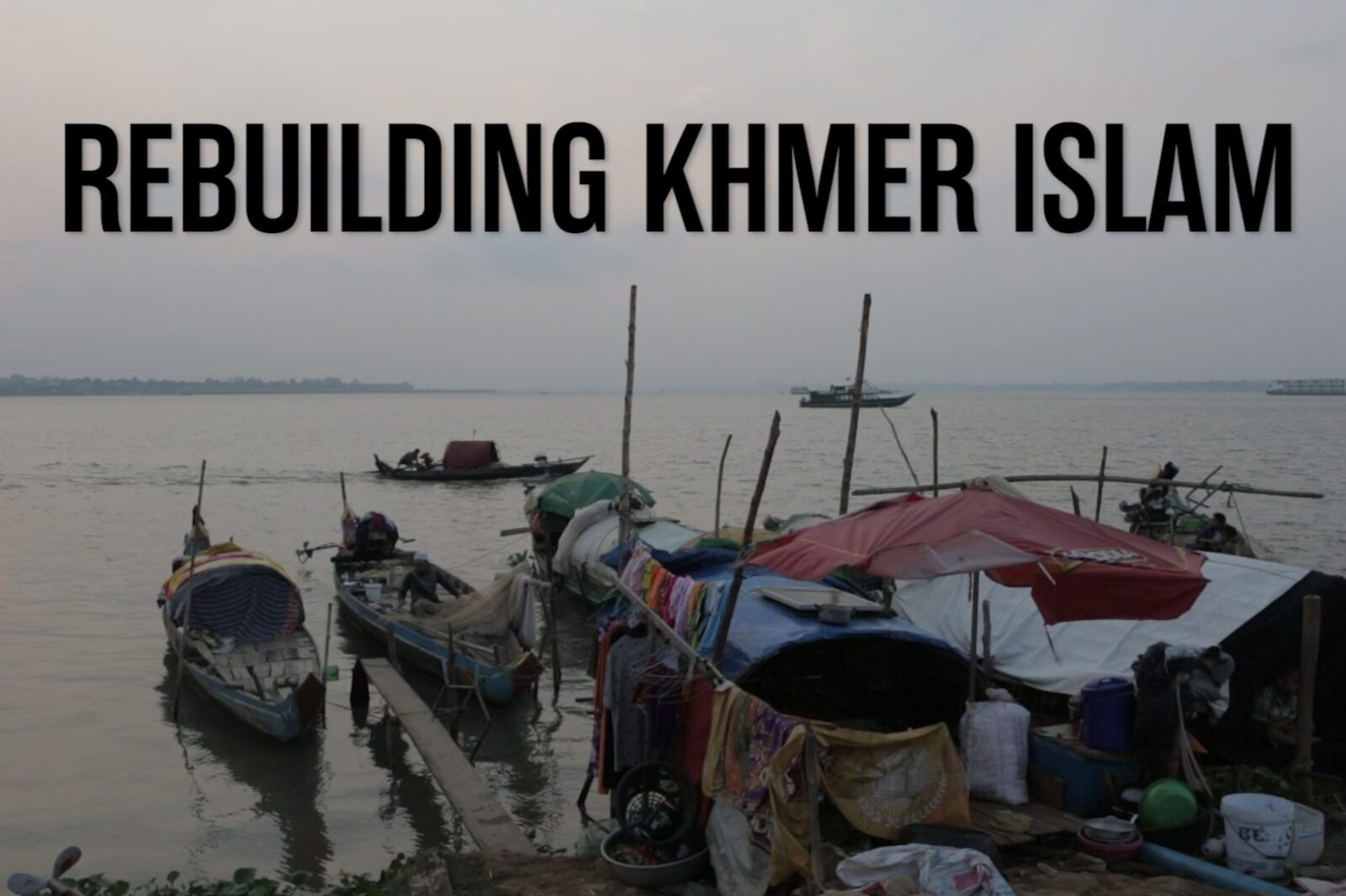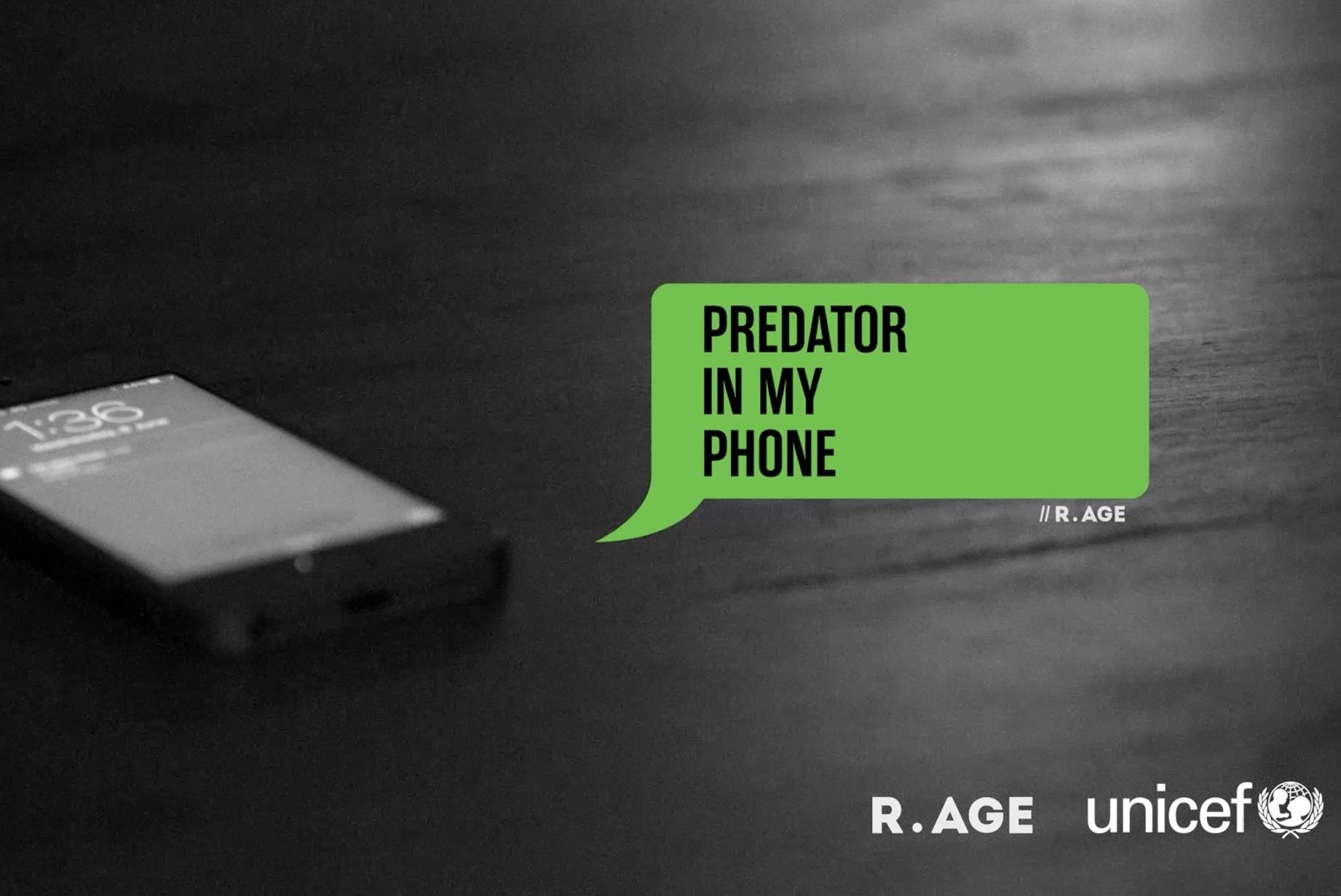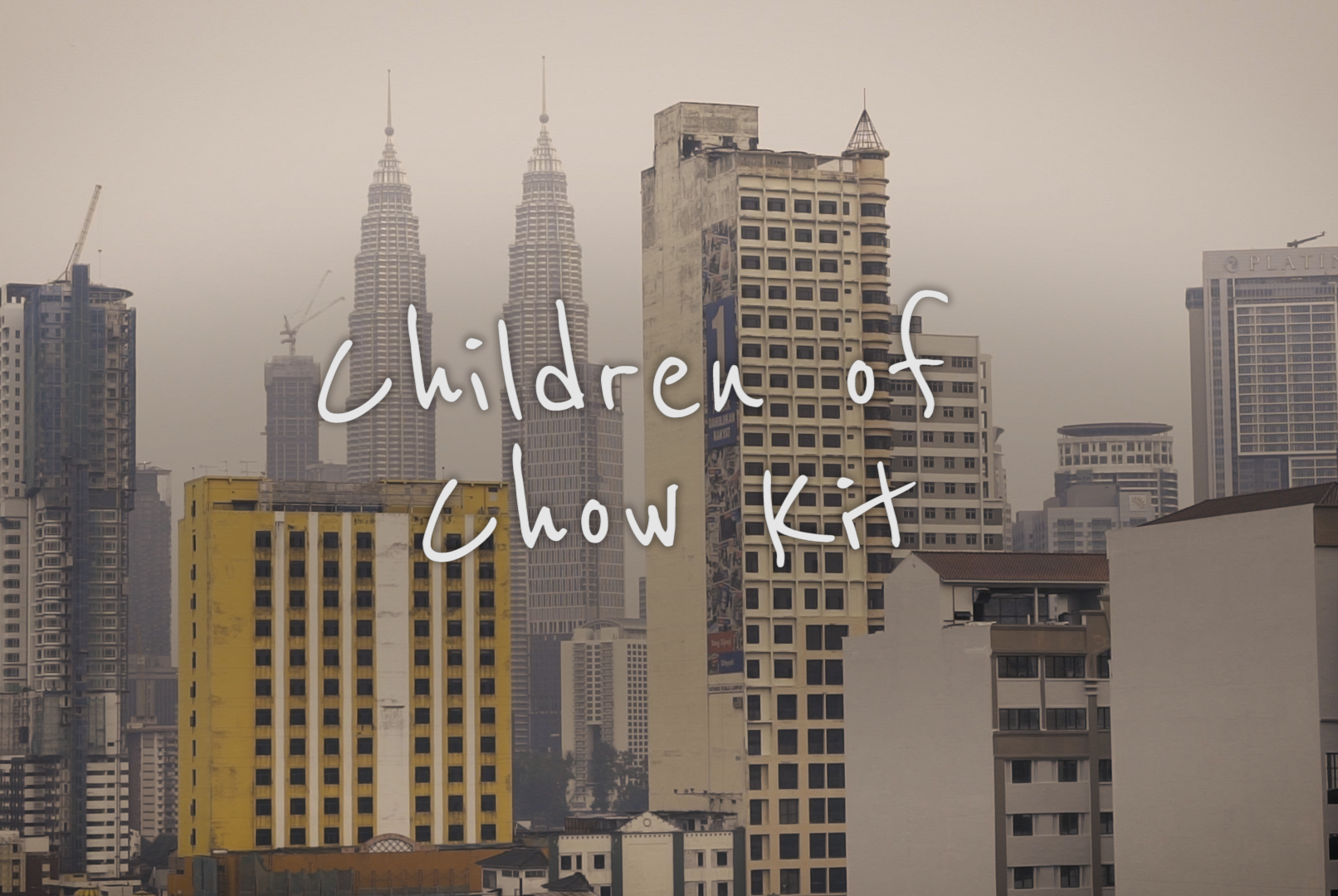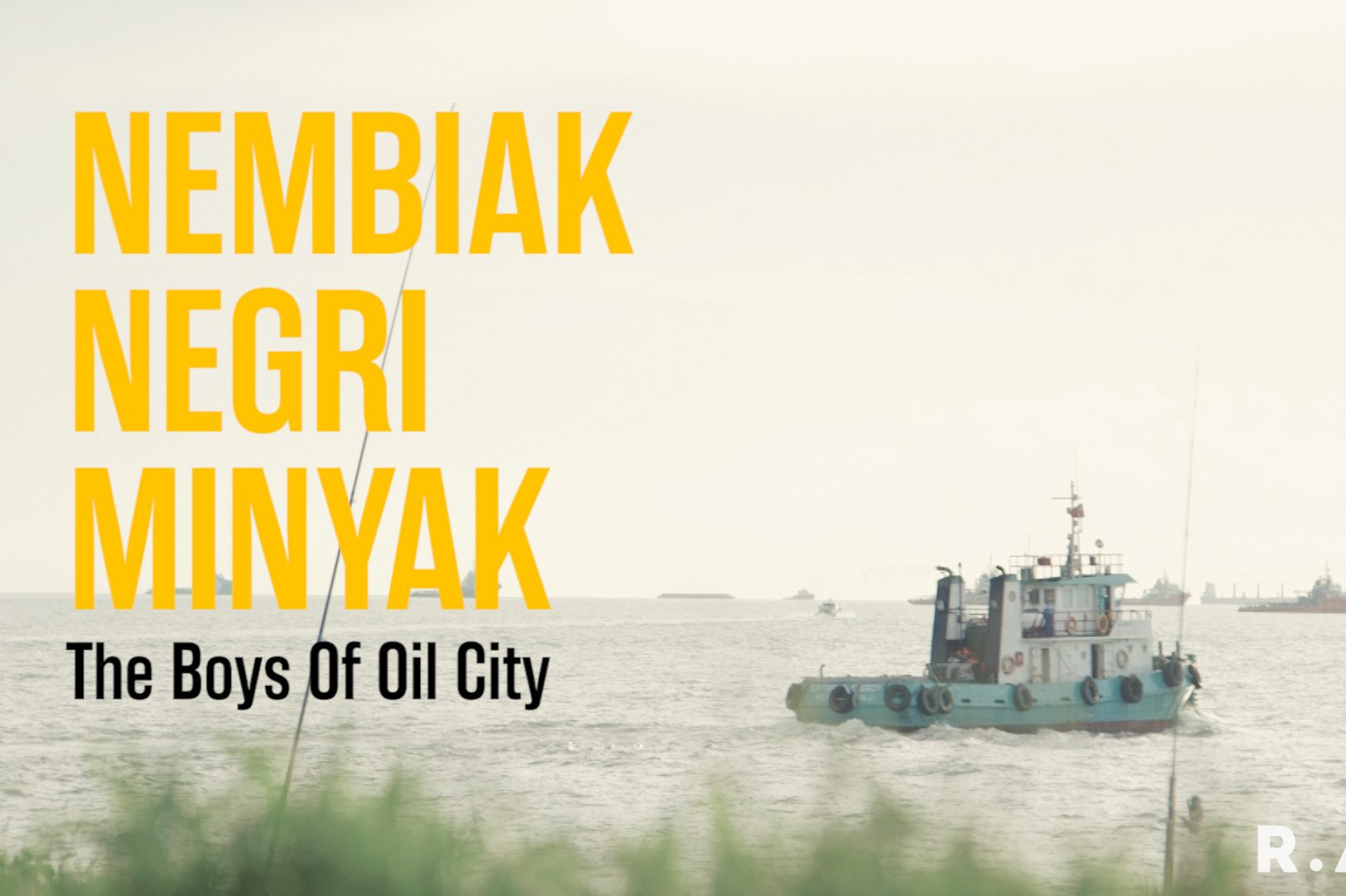By CHEN YIH WEN and LIM MAY LEE
fb.com/thestarRAGE
DURING the bloody rule of the Khmer Rouge regime in the 1970s, religious groups in Cambodia were persecuted, tortured, and often killed.
Cambodian Muslims, for example, had their mosques destroyed, their Qurans were burnt, and they were forced to eat pork.
The country has come a long way since, with Cambodia reclassified in 2016 as a “lower-middle income” territory by the World Bank, up a rung from the “lower income” bracket.
But for many in the Cambodian Muslim community, often referred to as Khmer Islam, that socio-economic development has not quite applied to them.
“Our country’s development has been slow because of (Khmer Rouge leader) Pol Pot. But while things are getting better – we’ve been able to build roads and buildings – the Muslim community is still held back,” said Abdullah Kasim, 26, ustaz of a religious school in Phnom Penh, Cambodia.

He was speaking to R.AGE just outside a mosque which bears a resemblance to one in Malaysia – the grand Sultan Salahudin Abdul Aziz Shah mosque in Shah Alam, Malaysia’s largest mosque.
And there’s a reason why the mosques, especially their minarets, look so similar – it was built with Malaysian funds.
Muslim communities in Malaysia have been doing their part to help rebuild Khmer Islam, not just with funds, but through education as well. Abdullah himself received a Malaysian sponsorship to pursue his Islamic studies in Kedah.
Soon, however, there might not be a need to travel for an Islamic education.
With Malaysia helping to build a new crop of Islamic schools – an estimated 60% of religious schools are funded internationally, mostly from Malaysia – Cambodian Muslim children now have much better access to education.
But there’s still a long way to go before their education system improves, said Leb Sharifah, 29, who teaches at the Al-Rahman International School, Phnom Penh.
“These students are generally here because their parents need a place to leave their children while they go to work,” said Leb, who also studied in Malaysia. Both Leb and Abdullah speak fluent Bahasa Malaysia.
“Even the teachers themselves lack tarbiyah (Islamic education) – they can only teach the children to read and write.”
Leb faces an uphill struggle. It’s difficult to prioritise education when people are struggling to survive.

Pha Rita, 22, lives on a shabby houseboat in the shadow of the five-star Sokha Phnom Penh Hotel.
Pha Rita, 22, a Cambodian Muslim and mother of three, lives on a houseboat along the Tonle Sap river. The small boat is bursting at the seams with clothes, cooking pots, and all her family’s possessions.
It sits in the shadow of the five-star Sokha Phnom Penh Hotel, one of the crown jewels of Chroy Changvar Satellite City, a swanky US$1.6bil (RM6.8bil) development with parks, wide roads, and more new buildings in the pipeline.
Extremely shabby in comparison, Rita’s houseboat is considered an eyesore by the operators of the hotel. Whenever VIPs arrive, Rita and her neighbours are chased away, and sometimes it takes days before they are allowed back.
Every time this happens happens, Rita and her community have to uproot their makeshift tents from the river banks, and re-install them when they get to come back.
“They don’t care about our rights,” she said. “If they want to chase us out, they’ll chase us out. There are rumours that this year they’ll make us leave permanently.”
If they do that, Rita’s children will have even less access to the newly-available mosques and schools.
“I hope that one day I’ll own a house and land,” she said wistfully. “Living and doing business on water, we all suffer. We’d like to have land, but we just don’t have the means.”





Leave a reply